Most of you reading this probably know what “conbini” is. Yes, it is a convenience store. Nowadays, a lot of people recognize the word globally. Surely a lot of you might already know we Japanese like to shorten words like “conbini,” right? Japan is flooded with these words. Why do we do this anyways? Where is this culture from? Today, I’ll try to unravel another peculiar part of the culture of Japan.
Japanese Language Culture
In Japanese, subjects are often omitted and important words are abbreviated. In contrast, English (usually) has a clear subject, predicate, and object. The reason why Japanese omits important words is probably because of this language culture. In Japan, there is a “Kotodama” (言霊) belief, which means that words have a soul. If they are uttered carelessly, what they say becomes true. While in Western culture where everything is clearly stated and said out loud, in Japan, taking proverbs like “Iwanu ga hana” (言わぬが花, which literally means “not speaking is a flower, but can be translated to something like “silence is golden”) and “Hisure ba hana” (秘すれば花, which means “Hidden is flower”). What we have traditionally believed in in our culture is different. Therefore, it may have been considered vulgar to tell people straightforwardly what they already know.
Sayounara さようなら
The word ”sayounara” (さようなら, “goodbye”) is a beautiful Japanese word for parting. It is known around the world now. However, the word “sayounara” does not originally mean farewell itself. The original word is “sayounaraba” (さようならば) which, grammatically, serves as a conjunction to whatever comes next. “Sayounaraba” means “If so,” so the proper way to say good-bye is to break off the conversation using “sayounaraba” first and then say, “oitomashimasu” (おいとまします, meaning “now I will leave you”).
Konnichiwa こんにちは Konbanwa こんばんは
These words “konnchtiwa” and “konbanwa” have the same context as ”sayonara.” “Konnichiwa” means “Hello” and is used in the daytime, and “konbanwa” means “Good evening.” Now, both words are greeting words. However, originally, these words were followed by a greeting sentence, like “Today, it’s a good day,” or “Tonight, it’s calm and peaceful.” Then over time the greeting sentences were omitted, and only the current greeting words remain.
Ookini おおきに Maido まいど
The same can be said of the words “ookini” and “maido,” which Osakan merchants use as well. Both words mean “thank you.” They were originally part of the following sentences: “Thank you very much” and “Thank you for coming to my shop every time.” Today, just saying “ookini” means “Thank you very much,” and just saying “maido” means “Thank you for coming to my shop every time.” It’s so interesting!!
Abbreviations with Katakana
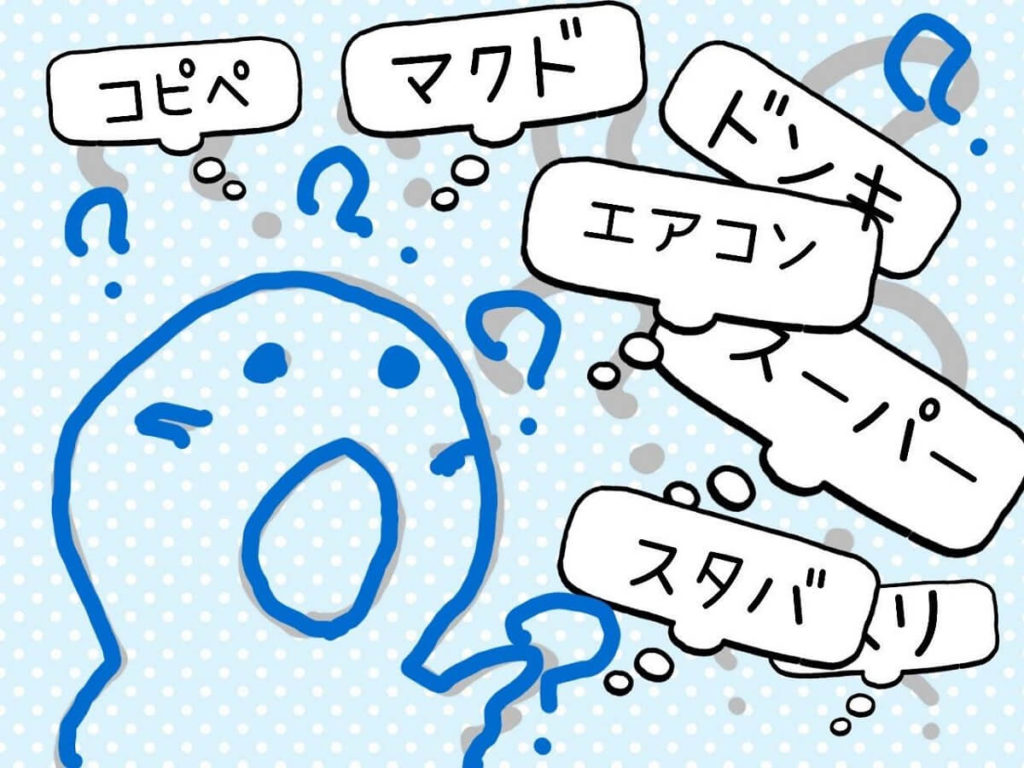
As I mentioned “conbini” above, we have a lot of abbreviations using katakana words, the ones that came from the West. When we convert English words to Japanese pronunciation with katakana, they often sound quite long because of the longer vowels such as “suupaamaaketto” (スーパーマーケット, supermarket) and so they have a lot more syllables. So it would make sense that at some point Japanese started shortening these western words as well. Japanese people have long been successfully incorporating foreign words into the Japanese language. For things that we imported mainly from the West, we have Katakana English(カタカナ英語, katakanaeigo) and Japaninglish (Japanense English), which are abbreviated into even shorter words.
Japanese shorten words quiz
Ok, it’s quiz time! How many of these shorten words do you recognize? (they are written in Roma-ji as we pronounce in Japanese)
Makudo or makku / depaato / yuniba / amefuto / eacon / sebuire / famima / sutaba / heri / irasuto / suupaa / maiku / kopipe / misudo / patokaa
Correct answer is here.
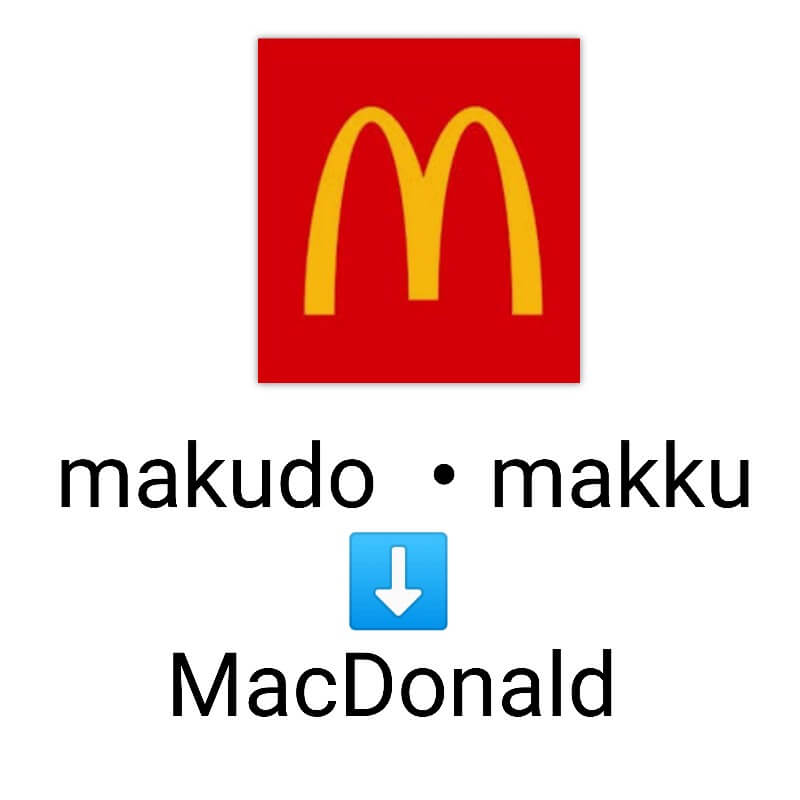



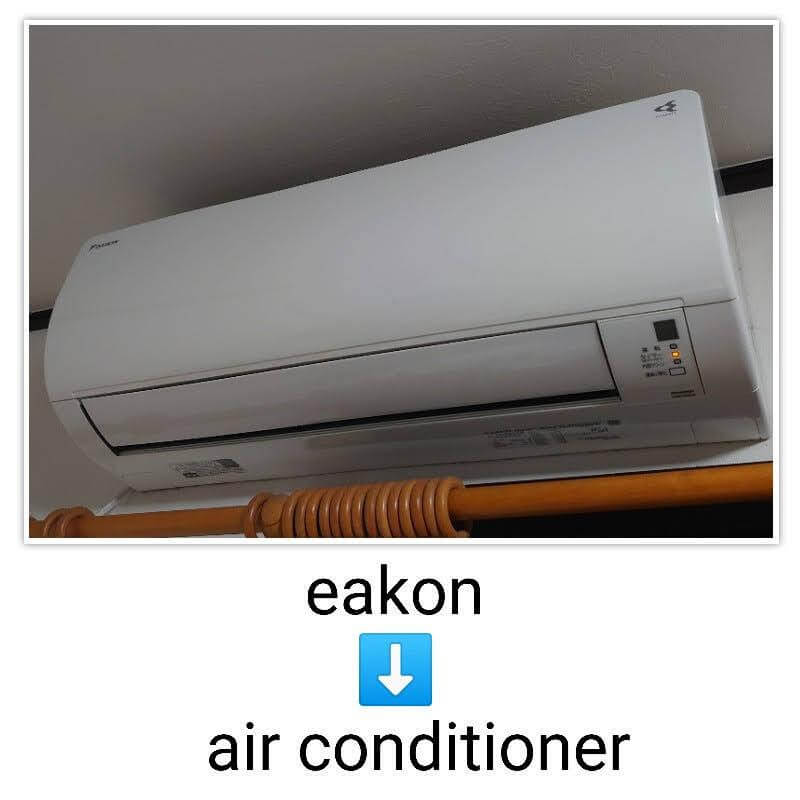
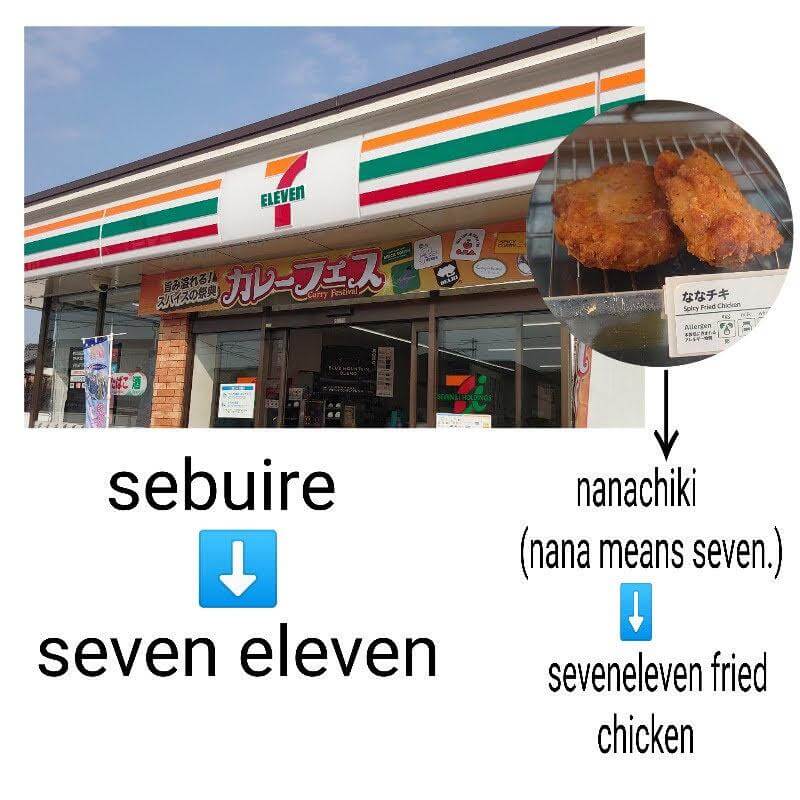
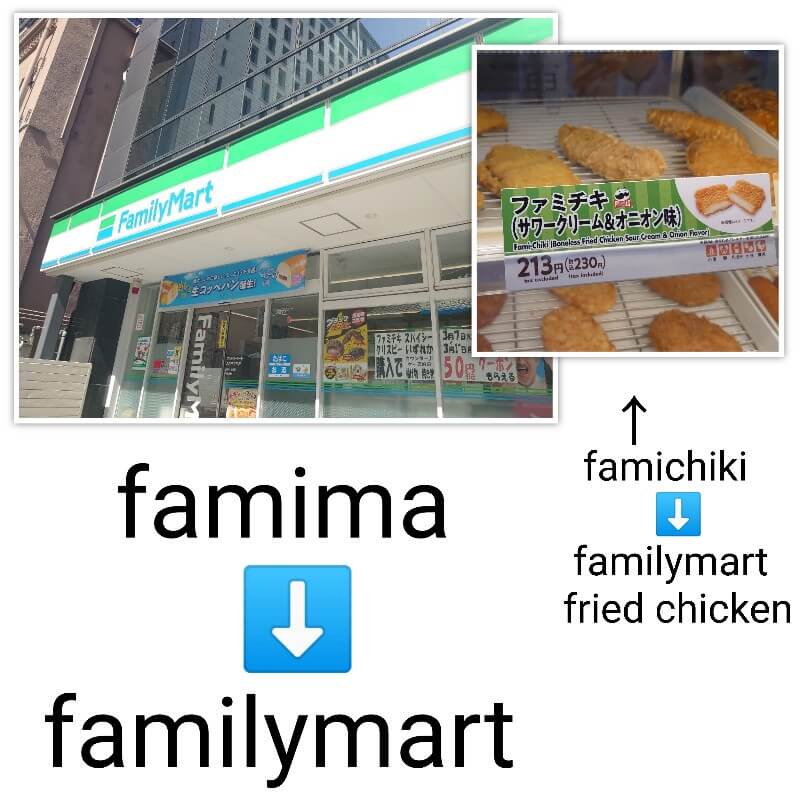



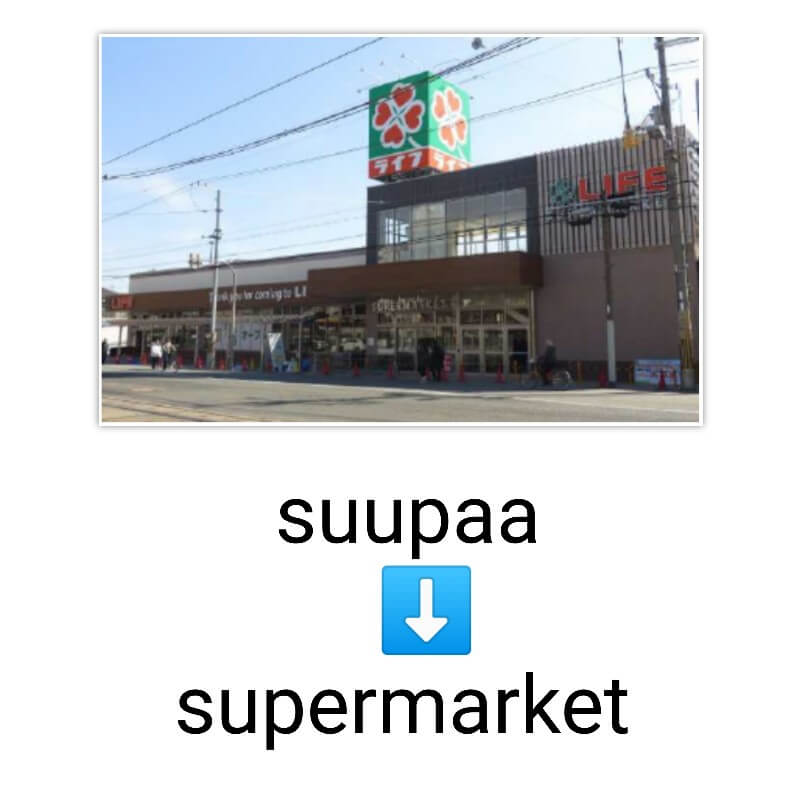


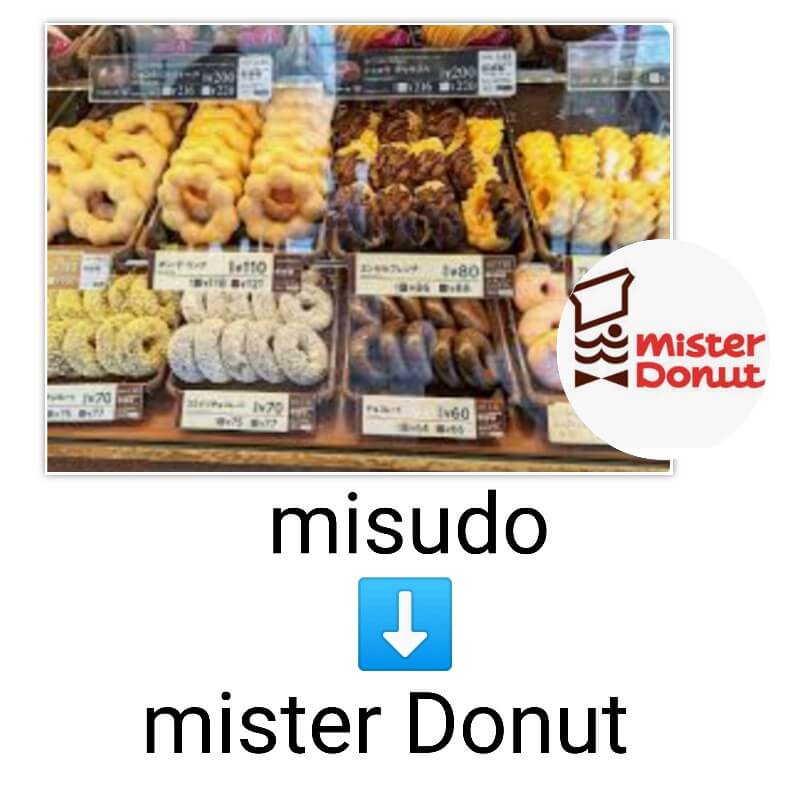

How was it? How many did you know? It’s even very strange to me why this abbreviation happens, it’s most likely due to the fact that Japanese is a vowel-driven language. However, I think one of the interesting things about Japan is its unique habit of spreading a single trend throughout the country in a blink of an eye. Today I have only introduced a few Katakana English words, but there are many abbreviated words even in the original Japanese words. It’s very interesting to study such words this time. However, I feel a little proud that the words originating in Japan are now reaching the world. Please try to use it when you come to Japan.
Thank you for reading to the end. See you next time.
I’m a clay artist, and a master of Japanese calligraphy “Onore-sho”. I have my own shop in Ikaruga town, Nara, which is near Horyuji temple: world heritage site. And I’m a volunteer English tour guide. I enjoy learning English everyday.

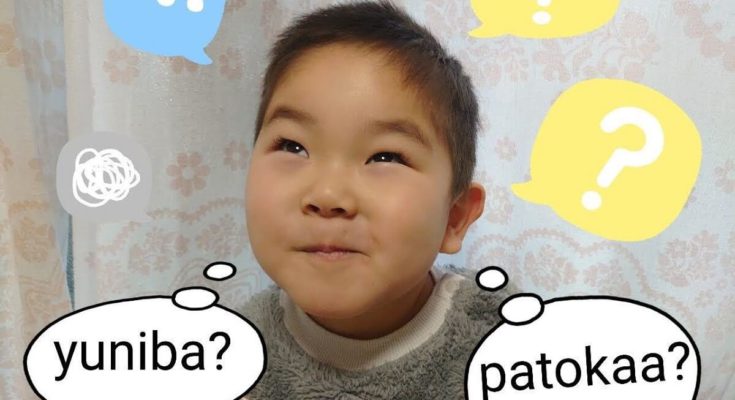
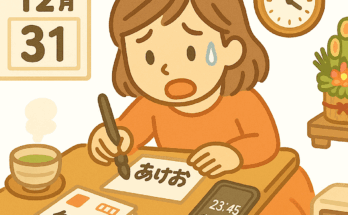
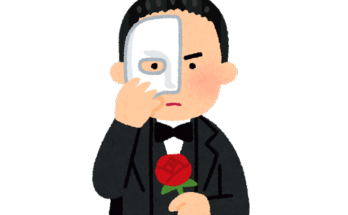
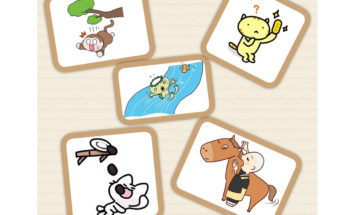
 HTJ has a YouTube page! Check it out
HTJ has a YouTube page! Check it out
Hi, Ami chan! I enjoyed your article on my way to your home. Shorten Katakana words are interesting even for Japanese. I like “kopipe” the best in your quiz. Understanding those words is very important and your article is definitely useful for Japanese learners!
This article is informative and well-written. I especially enjoyed the part about “Kotodama (言霊)”. I think it’s a good read for any foreigner interested in Japan. It was fun guessing the meanings of the shortened words in the quiz too.